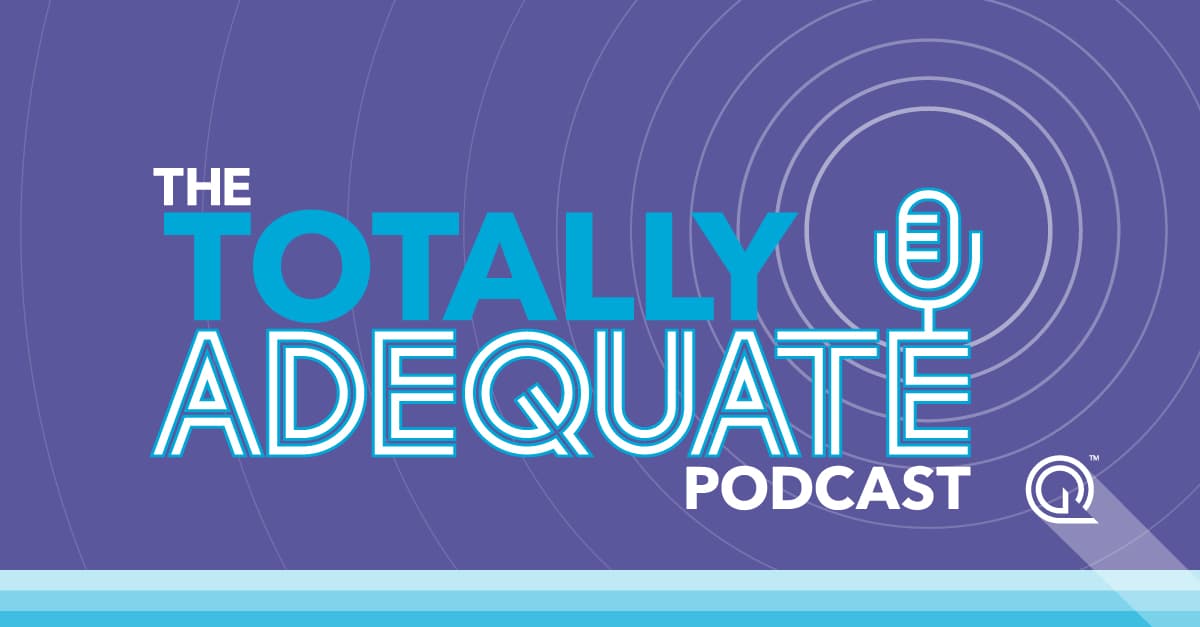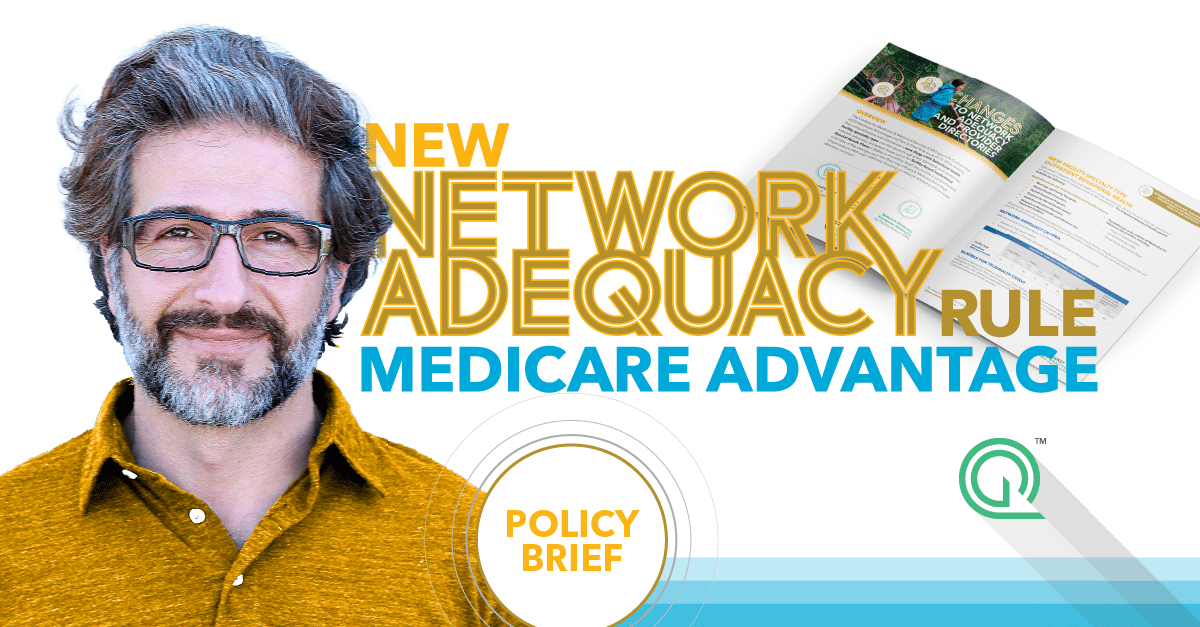Consideration for Establishing a National Directory of Healthcare Providers and Services
The Centers for Medicare & Medicaid Services (CMS) released a Request for Information (RFI) seeking feedback on establishing the first national directory of healthcare providers and services (NDH) that could serve as a centralized data hub for healthcare provider, facility, and entity directory information nationwide.
We view the development of the NDH as a needed resource to improve accessibility to health care for consumers. We recognize this is a long-term effort that will be most effectively implemented in phases over several years.
While the RFI invites responses to a multitude of questions, we focused on answering questions related to the intersection of provider data integrity in health plan provider directories, health plan provider network performance, and compliance.
Provider network adequacy depends on accurate provider data
It’s been widely reported that inaccurate provider information leads to access constraints for consumers across all market segments (Medicare Advantage, Medicaid, Commercial, etc.) Provider network directories are known to include providers who are listed as in-network but are not available to patients due to a variety of factors, including:
- Incorrect provider contact information
- Incorrect provider location information
- Incorrect provider specialty designations
- Lacking the capacity to accept new patients
Accurate provider data is central to maintaining true network adequacy for consumers
When provider data is incorrect, and therefore the provider is not an accessible point of care for a consumer, network adequacy standards met through a contracted provider network are overstated. This overstatement is due to the inclusion of providers in network files used for network certification who are not able to be accessed by patients.
A Framework for Success
For the NDH to fully support provider network adequacy compliance, we recommend CMS research and adopt established policies or processes that could raise the likelihood of success. Among these policies would be a requirement placed on health plans to proactively, on a regular basis, reach out to providers to confirm the accuracy of their provider data like the requirements established in the No Surprises Act (NSA). Another best practice to consider is a requirement for providers and facilities to proactively, on a regular basis, update their data in the NDH.
Having worked in similar industry-level endeavors over our multiple decades in provider network management, we suggest four primary pillars to guide the success of the NDH:
- Comprehensive – to assure that the NDH covers all lines of business (Medicare, Medicaid, Exchange, and Commercial)
- Phased – to ensure that there are appropriate milestones to realize delivery and maintain momentum
- Expandable – to expand beyond the traditional definition of providers and account for Health Equity and Social Determinants of Health characteristics
- Measurable – as in network adequacy, providing the ability to measure a health plan’s compliance will be an essential capability

We welcome you to learn more, by reading our full comments.
RESOURCE CENTER FOR HEALTH PLAN REGULATORS AND POLICYMAKERS
Welcome to a space designed for federal and state regulators, insurance commissioners, and health policymakers at all levels to drive conversations around ensuring timely and appropriate access to care. Join our conversations!











